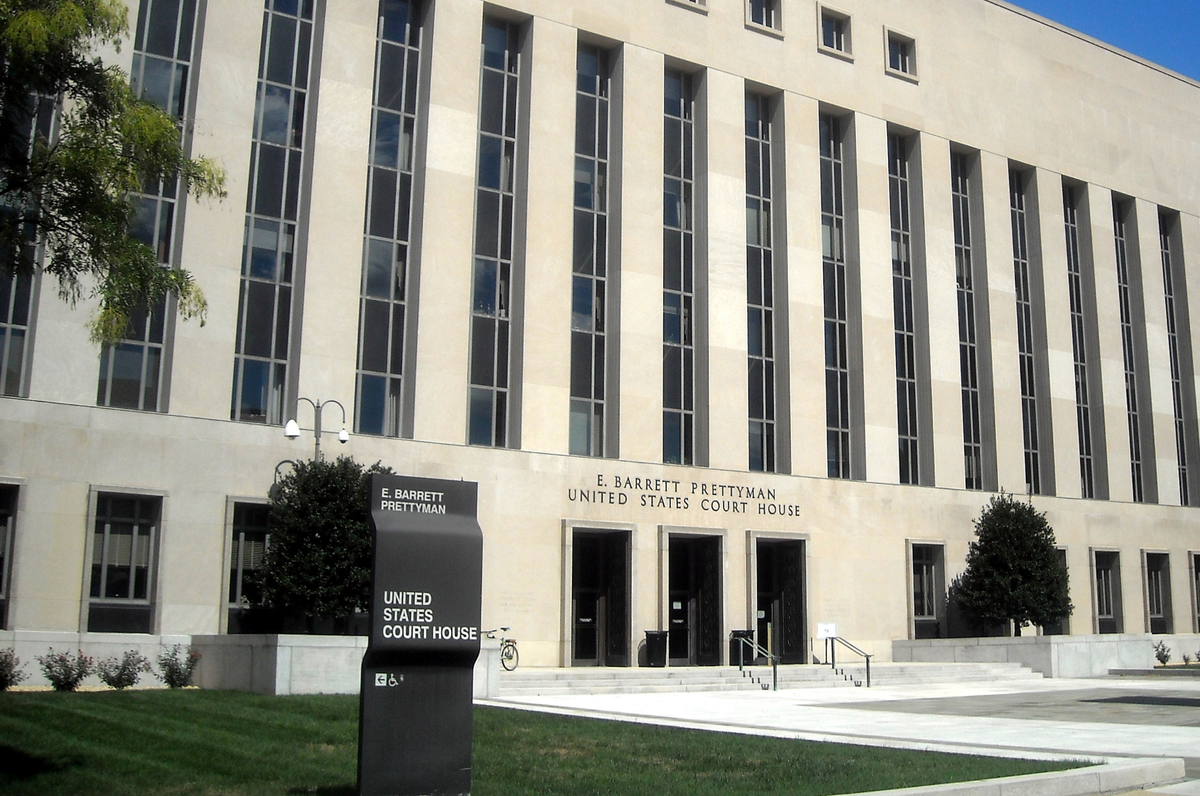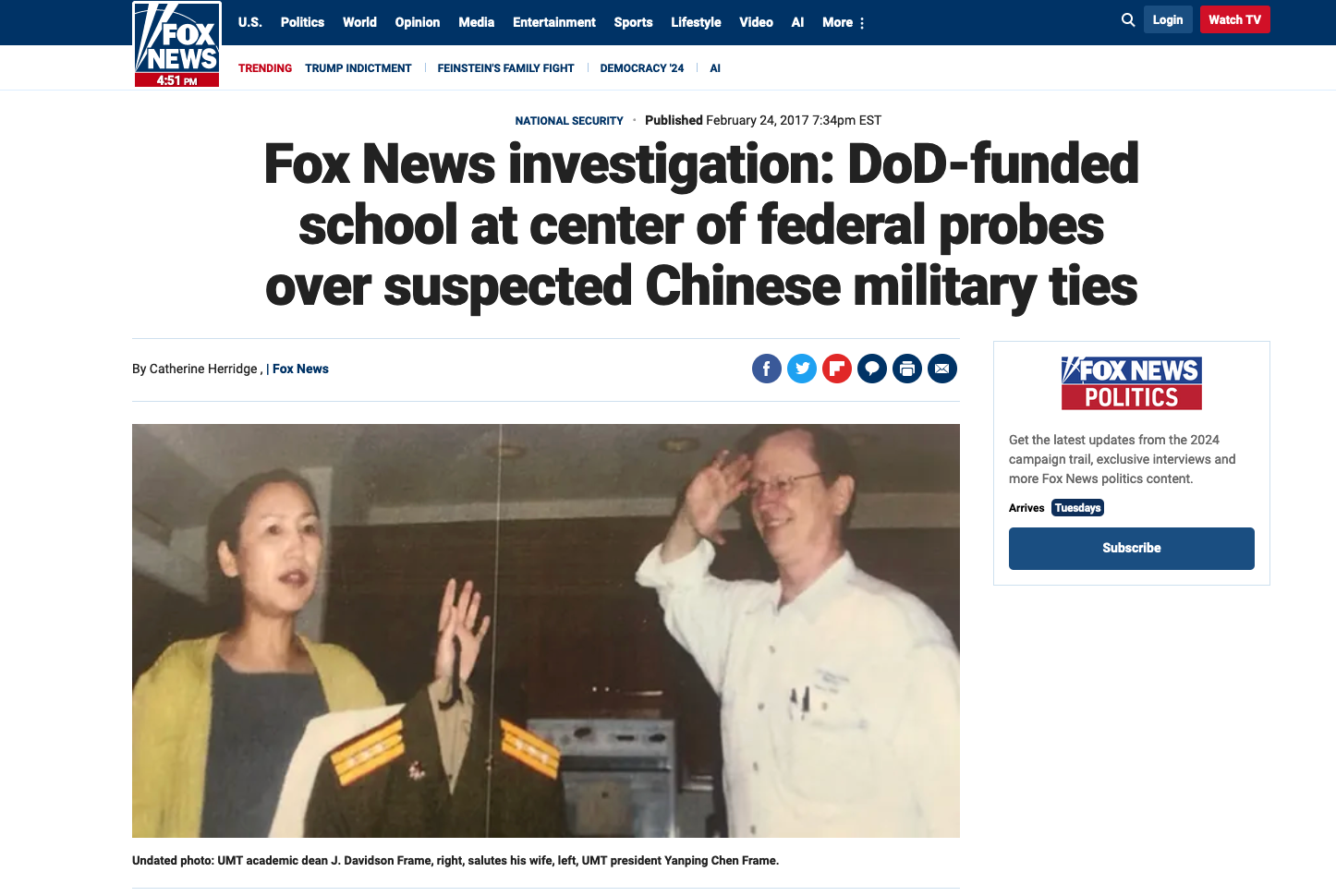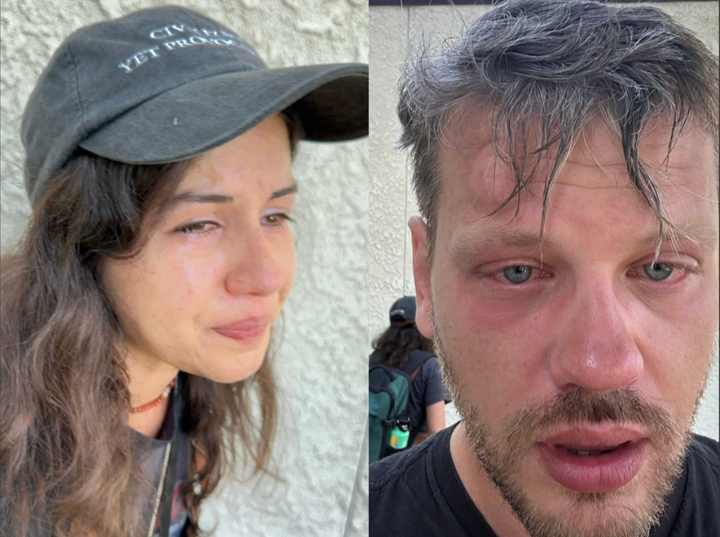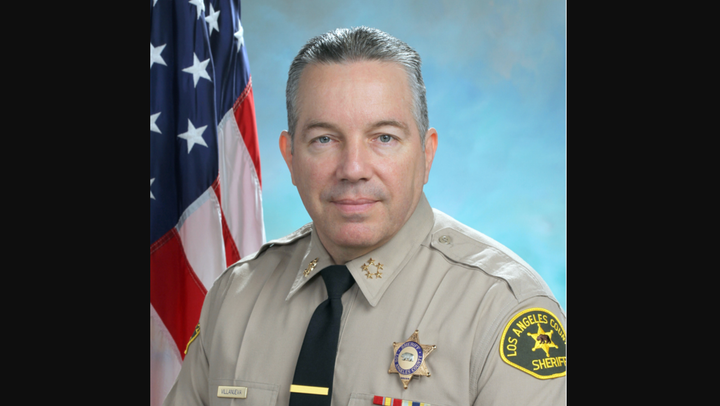Judge Holds Former Fox News Correspondent In Contempt For Protecting Source
Former Fox News correspondent faces a fine of $800 per day if she does not win her appeal

Support independent journalism on press freedom, whistleblowers, and government secrecy. Become a subscriber of The Dissenter.
A United States judge held former Fox News correspondent Catherine Herridge in civil contempt for refusing to reveal the identity of a confidential source, who allegedly committed a Privacy Act violation against Chinese American scientist Yanping Chen.
The court imposed a fine of $800 per day until Herridge complies with the order but stayed the decision to give Herridge an opportunity to appeal.
Last August, Judge Christopher Cooper of the U.S. District Court for the District of Columbia upheld a subpoena against Herridge. Cooper concluded that Chen had “overcome the qualified First Amendment privilege in this case.”
Caitlin Vogus, deputy director of advocacy at Freedom of the Press Foundation (FPF), said the court’s order “should disturb anyone who cares about press freedom.”
The court “imposed a worryingly high fine on Herridge and threatened to revisit both the amount of the fine and its decision not to forbid others from funding Herridge’s payment of the contempt sanction ‘depending on how things play out after any appellate proceedings,’” according to Vogus.
“The only reason Herridge defied the court’s order is because the court of appeals refused to allow her to appeal until she’d been held in contempt,” Vogus added. “It’s appalling that the court would treat Herridge in such a severe manner for simply following the instructions of a higher court."
Indeed, Herridge attempted to appeal the court’s August decision, which upheld the subpoena, but the court refused to allow an appeal because there had been no contempt ruling. The D.C. Circuit Court of Appeals later agreed that Herridge could not appeal, which prompted an objection from the Reporters Committee for Freedom of the Press (RCFP).
“[C]ourts recognize that First Amendment harms can occur even before someone has actually been sanctioned for their speech,” RCFP fellow Emily Hockett wrote. “They can be deterred or chilled from speaking because of a regulation or enforcement action, and that in itself is an actionable injury.”
“Herridge argued that requiring journalists to be held in contempt before they can challenge court orders requiring them to hand over source information is incongruent with the way that courts think about First Amendment harms.”
Hockett continued, “We agree that journalists should not be forced to subject themselves to a contempt citation in order to challenge a court order to turn over source information."
Press freedom groups, like FPF and RCFP, have unequivocally opposed the subpoena against Herridge. Yet Cooper questioned the notion that forcing Herridge to reveal her source would do irreparable damage to freedom of the press.
As Cooper previously summarized, this case stems from Chen, who is a naturalized U.S. citizen. She was the founder of the University of Management and Technology (UMT), an institution that “attracted a substantial number of military service members who attended with tuition assistance from the Department of Defense.”
The FBI targeted Chen in 2010 after agents became concerned about statements that “she made on certain immigration forms about her work in China in the 1980s.” Search warrants were executed by the FBI at Chen’s home and her office at UMT. Materials were seized, but prosecutors later indicated in 2016 that no charges would be filed.
In 2017, Fox News aired several television segments and published multiple articles that “focused on Chen’s alleged ties to the Chinese military and former role as a colonel in the People’s Liberation Army.”
Herridge also authored an exclusive report headlined, “Fox News investigation: DoD-funded school at center of federal probes over suspected Chinese military ties.”

“The thrust of the stories,” according to Cooper, “was that Ms. Chen had concealed her former membership in the Chinese military on her U.S. immigration forms and might have been using a professional school she founded in Virginia to funnel valuable information about the American military to the Chinese government.”
“Family photographs of Chen," "excerpts from Chen’s immigration forms," and a "snippet from what appears to be an FBI memorandum summarizing an interview conducted for the investigation” were allegedly leaked by U.S. government officials in violation of the Privacy Act.
The reporting allegedly played a role in the decision by the Defense Department to terminate UMT’s participation in the tuition assistance program that helps military students pay for classes. That resulted in “substantial financial losses” for Chen.
Cooper maintained that the “images of Chen holding or wearing a Chinese military uniform” likely helped the reports about the FBI investigation gain traction. “Were the photographs here irrelevant, moreover, the court wonders why Herridge would have thought to include them in her reporting, notwithstanding the rather obvious legal implications of doing so.”
In justifying the court’s decision, Cooper emphasized the absence of a federal law that enshrines a newsgathering privilege for reporters. He suggested Congress could pass a law “with a few strokes of the pen” and protect Herridge.
“Of course, the lack of a federal shield law does not mean that courts should apply the First Amendment reporter’s privilege any less strictly,” Vogus told The Dissenter. “But the court’s decision here is all the more reason that Congress must pass the PRESS Act, which would establish in no uncertain terms that the court cannot compel Herridge to reveal her source.”
Herridge provided the court with declarations from Jelani Cobb, who is the Dean of the Columbia Journalism School, and Steve Coll, a Pulitzer Prize-winning national security journalist Steve Coll. Both called attention to the chilling effect that holding Herridge in contempt could have on investigative journalism. (RCFP also submitted a brief in opposition to the court.)
Referring to judicial precedent that allows courts to compel reporters to reveal their sources, Cooper brushed aside concerns. “Any marginal chilling effect has certainly not frozen the information pipeline. Instances of journalism built on confidential sources remain legion.”
Vogus scoffed at this assertion. “Any journalist knows that being able to promise whistleblowers and other sources confidentiality—and being able to keep that promise—is crucial to reporters’ ability to win sources’ trust and report the news."
"When courts force journalists to burn their sources, it absolutely undermines the public’s right to know."




Comments ()